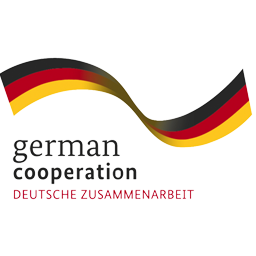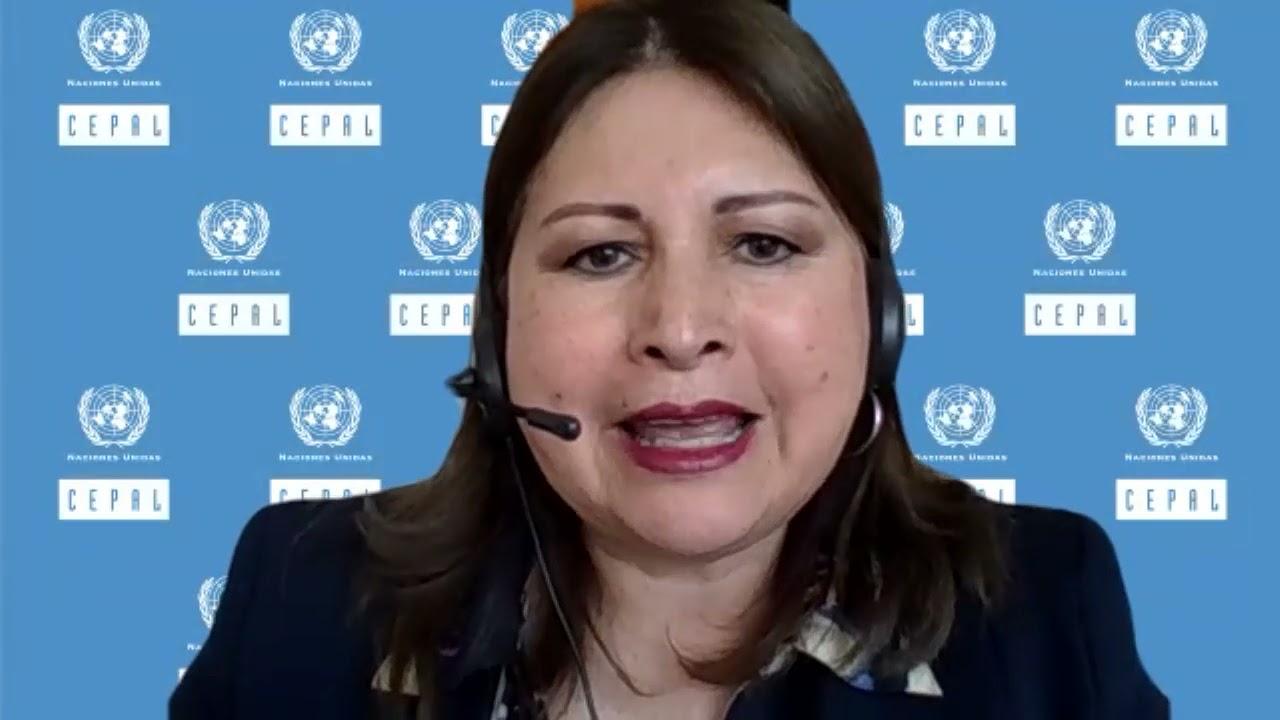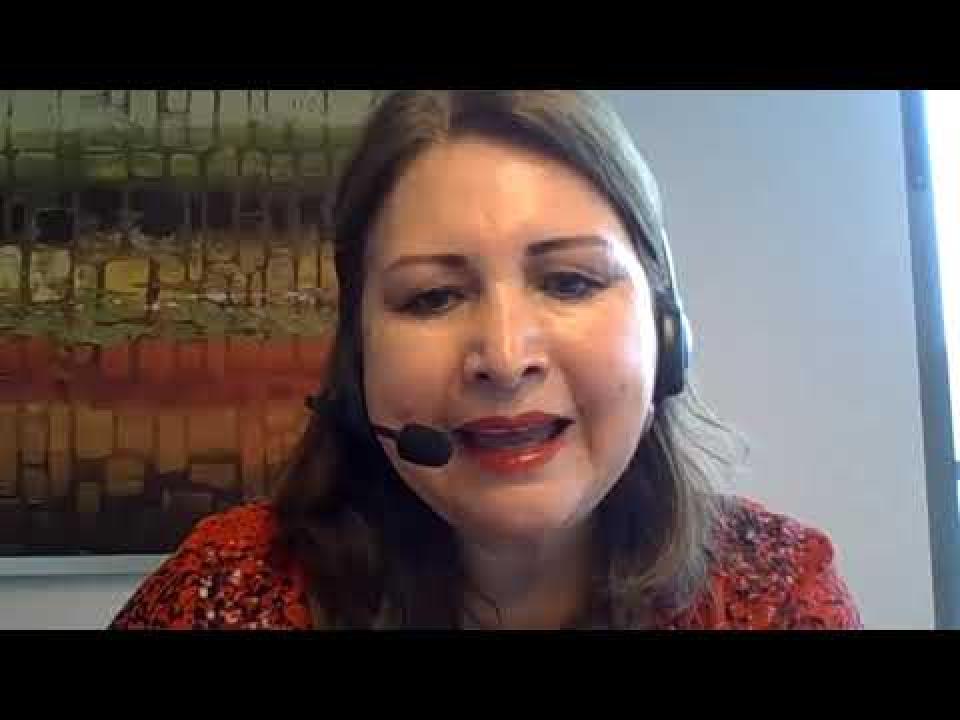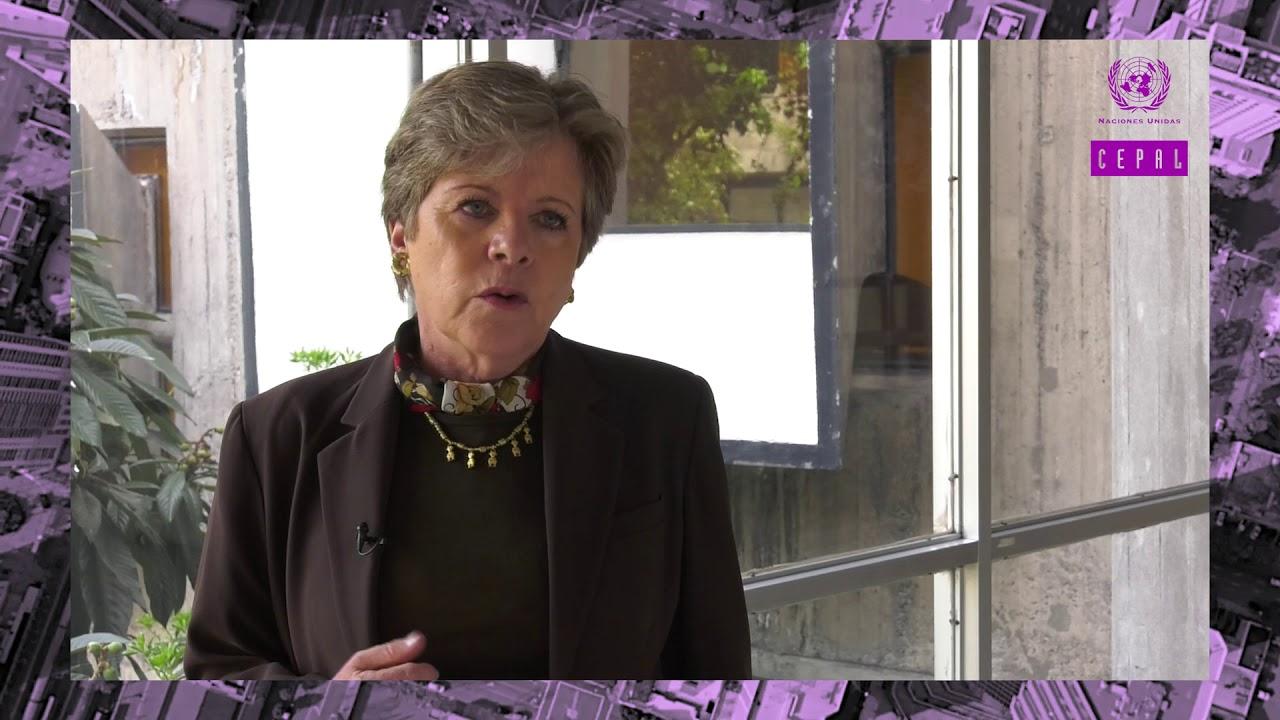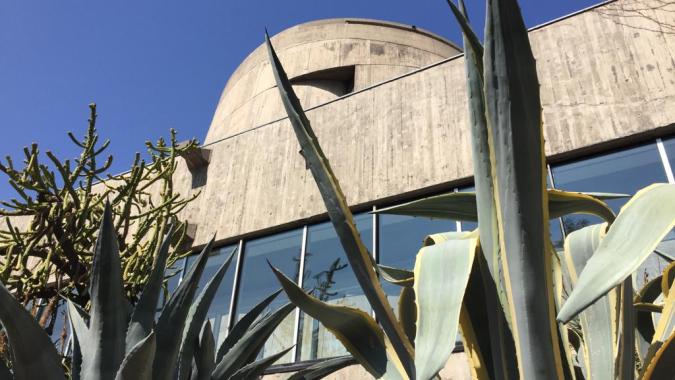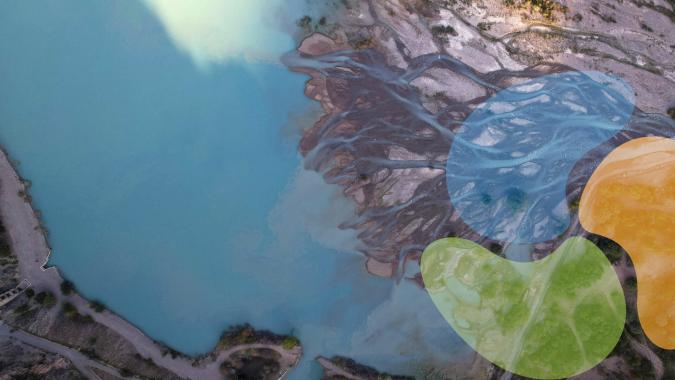In the field of the mining sector, the current reality is characterized by a situation of multiple challenges, such as fiscal, regulatory, macroeconomic, social, environmental and public investment.
Faced with the challenges that encompass the mining sector and the greater awareness at a global level in relation to environmental care, the program "Regional Cooperation for the sustainable management of mining resources in the Andean countries" (MinSus) was commissioned by the Federal Ministry for Economic Cooperation and Development (BMZ) to the Deutsche Gesellschaft für Internationale Zusammenarbeit (GIZ) and the Federal Institute of Geosciences and Natural Resources (BGR), with the Economic Commission for Latin America and the Caribbean (ECLAC) being the counterpart at program area.
The mining sector has the potential to contribute to economic and social growth in line with the high demands of the 2030 Agenda for Sustainable Development, however, there are also risks associated with adverse social and environmental impacts in mining territories.
The global transition to cleaner energy production and mobility, which is necessary to meet the Paris Agreement's climate goal, will require the extraction of minerals, many of which, such as lithium and copper, are widely present in Andean countries. In turn, other countries whose exports mainly consist of hydrocarbons and coal will need to prepare for changes in the market for these products as the energy transition is articulated.
This context creates great opportunities and challenges for the countries producing these resources. Apart from climate and environmental challenges, there are still challenges linked to the need to improve transparency in fiscal policies and ensure better management of mineral wealth, the intensification of social conflicts related to mining and the persistence of enclaves that make production chains impossible. On the demand side, raw-material consuming countries are increasingly concerned about the development and certification of sustainable supply chains that respect human rights and the environment to the fullest. To make sure that the mining sector supports sustainable development it is necessary to prepare sound public policies that integrate good economic, environmental and social practices along the supply chain; ensure respect for human rights and greater participation of the most vulnerable populations in decision-making; and promote connections between the mining sector and the communities where it operates.
To this purpose, the German Federal Ministry for Economic Cooperation and Development (BMZ) has commissioned the project "Regional Cooperation for Sustainable Management of Mineral Resources in the Andean Countries" (MinSus). With regional partner ECLAC and the implementing agencies Deutsche Gesellschaft für Internationale Zusammenarbeit (GIZ) and the Federal Institute for Geosciences and Natural Resources (BGR), MinSus promotes responsible mining in the Andean countries. The goal is to incorporate social, ecological and economic standards into mining supply chains with a special focus on the beginning of the chain, i.e., mining. At the national and regional level, MinSus aims to support partners in implementing policies and strategies that promote responsible mining management and exchange between Andean countries. At the local and territorial level, MinSus seeks to pilot new approaches and technologies to develop good practices and scale them up to national and regional levels. As a central element, MinSus pursues a mutual-learning and multi-stakeholder approach, involving public and state agencies, the private sector, civil society organizations and regional and multilateral organizations.
MinSus implements activities in the following 10 areas of work:

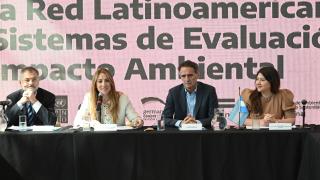

 5 Oct 2023Open noteSesión Ordinaria Anual de la Red Latinoamericana de Sistemas de Evaluación de Impacto Ambiental (REDLASEIA)
5 Oct 2023Open noteSesión Ordinaria Anual de la Red Latinoamericana de Sistemas de Evaluación de Impacto Ambiental (REDLASEIA)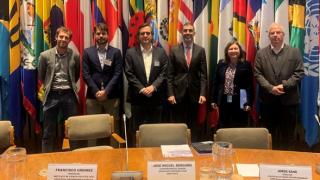 29 Aug 2023Open noteExpertos dialogan sobre las oportunidades y los desafíos que la geopolítica de los minerales críticos genera para los países de la región
29 Aug 2023Open noteExpertos dialogan sobre las oportunidades y los desafíos que la geopolítica de los minerales críticos genera para los países de la región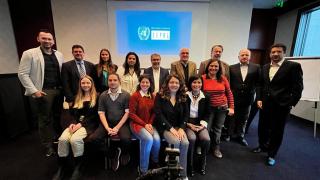 10 May 2023Open noteLa gestión integral de baterías fuera de uso de vehículos eléctricos, otro gran desafío para la economía circular de la región
10 May 2023Open noteLa gestión integral de baterías fuera de uso de vehículos eléctricos, otro gran desafío para la economía circular de la región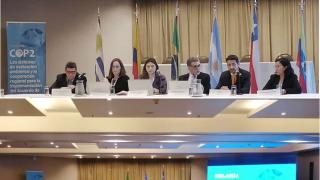 21 Apr 2023Open noteLos sistemas de evaluación ambiental y la cooperación regional para la implementación del Acuerdo de Escazú
21 Apr 2023Open noteLos sistemas de evaluación ambiental y la cooperación regional para la implementación del Acuerdo de Escazú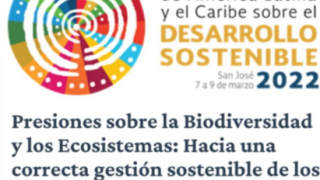 View more information7 Mar 2022San José, Costa Rica
View more information7 Mar 2022San José, Costa Rica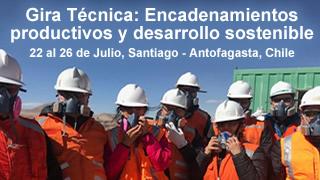 View more information22-26 Jul 2019Santiago, Chile
View more information22-26 Jul 2019Santiago, Chile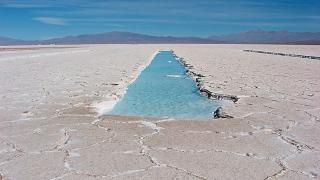 View more information23 Apr 2019Santiago, Chile
View more information23 Apr 2019Santiago, Chile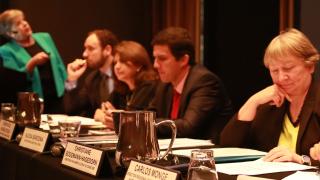 View more information19 Nov 2018-, Peru
View more information19 Nov 2018-, Peru
